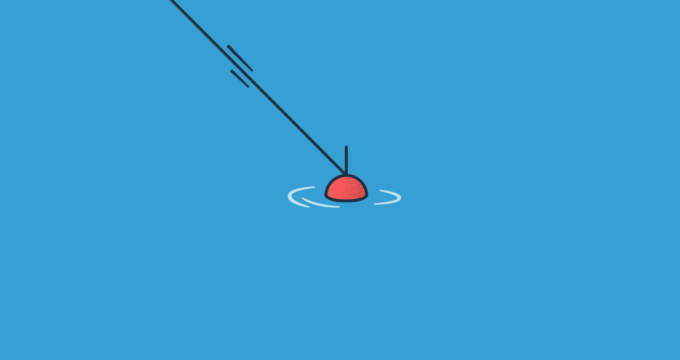Mind wandering – the benefits of letting your mind wander
Creativity
Have you ever found yourself lost in thought, your mind meandering through a myriad of ideas and scenarios? It’s a common experience, one that often happens when we least expect it – during a boring meeting, a long commute, or even while doing mundane chores.
This phenomenon is known as “mind wandering,” and contrary to what you might think, it’s not merely a distraction. In fact, recent studies have shown that allowing your mind to wander can have numerous benefits for your creativity, problem-solving abilities, and overall well-being.
We naturally engage in a lot of mind wandering, up to 50% of our waking hours, as the default mode of our brain is a relaxed state and not a task focused state.
What is mind wandering
Mind wandering is a cognitive phenomenon, so related to how you think, represent and process information. It is the spontaneous and often unintentional shifting of attention away from the task at hand to unrelated thoughts and ideas.
Instead of focusing on current or external stimuli, like focused attention where you concentrate on a specific task, your mind focuses towards self-generated and unrelated mental content.
You’re basically giving your brain permission to explore different avenues, letting thoughts flow freely without a specific goal or focus. During these moments, your mind can make unexpected connections between ideas, leading to novel insights and creative solutions.
At the heart of mind wandering lies a network of interacting brain regions known as the Default Mode Network (DMN). The DMN becomes active when the mind is at rest and not focused on the outside world. These regions are crucial for self-referential thoughts, introspection, and envisioning the future.
The benefits of mind wandering
There are several benefits to engaging in mind wandering and shifting away from a merely task focused mindset.
Boosts creativity
Allowing your mind to wander fosters creativity by enabling you to think beyond conventional boundaries. Researchers have found that mind wandering enhances the brain’s ability to generate innovative ideas and solutions.
Enhances problem-solving skills
When your mind wanders, it allows you to gain new perspectives and consider different approaches to a given problem. This type of thinking can help you come up with creative and innovative solutions, ultimately improving your problem-solving skills.
Can help to relax
Mind wandering can act as a natural stress reliever. Taking mental breaks from demanding tasks allows your mind to relax and reduces feelings of mental fatigue. Keep in mind that it’s important that you engage in positive and constructive thoughts instead of engaging in negative thoughts.
Strengthens memory consolidation
Mind wandering is closely linked to memory consolidation, the process by which short-term memories are transformed into long-term ones. Allowing your mind to wander can help you to organize your thoughts and better store information, ultimately helping you to memorize things better.
How to let your mind wander
There are several benefits to engaging in mind wandering and shifting away from a merely task focused mindset.
Relax
Engage in relaxing activities where you do not have to actively focus or concentrate on something. This can help your mind to switch from a task-oriented state to a relaxed and mind-wandering state.
Engage in repetitive or creative tasks
Activities like walking, jogging, or creative activities like painting or knitting that don’t require intense focus can provide the perfect backdrop for your mind to wander. Engaging in these activities while letting your thoughts roam can lead to unexpected insights.
Embrace boredom
Resist the urge to constantly fill every moment with digital distractions. Allowing yourself to be bored can encourage your mind to wander naturally, leading to creative and imaginative thinking.
Journal
Keep a notebook handy and jot down your wandering thoughts and ideas. Reflecting on these musings later can help you recognize patterns and gain valuable insights into your own thinking processes.



